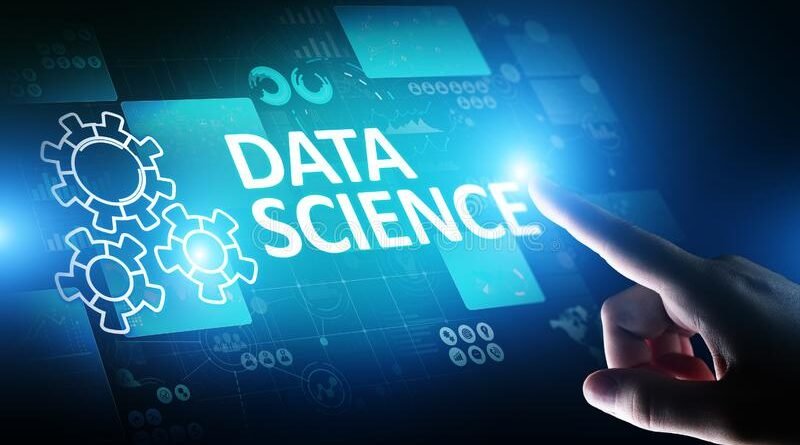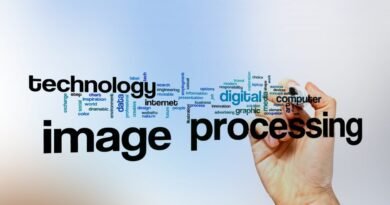Survey: How is Data Science Transforming the Healthcare Industry?
Data science is finding its application in a large number of industries in the present times. One of the most important industries that is witnessing a great transformation due to data science is the healthcare industry. In this article, we strive to understand how data science is affecting medicine, biotechnology drugs, surgical science, medical imaging, genetics, and even diagnostics at a micro-level.
Medical ImagingÂ
Data science is able to improve predictive analytics when it comes to medical imaging. In the present diagnostic mechanisms that include MRI and CT scans, visualization plays a very important role. Before the advent of these technologies, manual inspection was carried out to detect various types of irregularities. In traditional methods, precise and proper diagnosis of the microscopic deformity was very difficult. Data science powered the healthcare industry with deep learning techniques. With the help of these techniques, it became very easy to observe deformities. With the help of techniques like image segmentation, analysis of various types of images obtained by Deep learning techniques became even easier. Other types of techniques that proved very helpful in the analysis of these images include support vector machines. It was with the help of a support vector machine that edge detection and image enhancement were carried out.
Genomics
Sequencing and analysis of various types of genes present in the human body is what human genomics is all about. When the Human Genome Project kicked off, a voluminous amount of data related to gene sequencing was automatically generated. This data could only have been studied under the realms of data science and big data analytics. With the help of the computational power of Big Data Analytics, millions of dollars and resources that were earlier poured in for the sequencing of genes were saved. Not only did this process prove to be very expensive but also a time-consuming one. Scientists started to harness the power of Data Analytics tools to derive insights from data sets related to human genes in a short span of time and in a very cost-effective manner. The purpose was to detect various kinds of irregularities that may be present in the genomic set that we had mined earlier. In this way, the data center provided a new research direction probing genomic sequences in general and bioinformatics in particular.
Drug Sciences
The science of drug discovery is heavily dependent on active pharmaceutical ingredients. The active pharmaceutical ingredients are sourced from various regions and the entire process of formulation, testing, trials, and sampling results involves high cost and time as well. To improve the process of drug discovery and reduce the financial expenditure involved in the process, data science and machine learning algorithms can prove highly effective. When it comes to sourcing various ingredients, predicting the success rate of drugs derived from such ingredients, predictive analytics can prove highly useful. Machine learning algorithms can help in finding statistical relationships between the effectiveness of various drugs and their success rates. Machine learning algorithms can also prove helpful in the analysis of patient meta-data as well as analysis of laboratory experiments.
Predictive Healthcare Analytics
The analysis of data related to symptoms of diseases and the medical history of patients can be utilized for predictive analytics. With the help of analysis of historical data, patient care can be improved and disease management can be carried out more effectively. In addition to this, with the help of predictive analytics, a data-driven approach that includes a data science course can be adopted to prevent medical complications. The early treatment of genetic disorders and monitoring of patient health also comes under the domain of predictive analytics. Models can be adopted which can forecast the spread of diseases in areas vulnerable to any pandemic. The monitoring of the population and establishing a population management register is not possible without predictive analytics.
Continuing Monitoring of HealthÂ
The continuous monitoring of health with the help of IoT devices also comes under the domain of data science. Various types of wearables are used to track the medical aspects of patients who are riddled by diseases like severe obesity. In addition to this, monitoring can also be done with the help of trackers in cases of polysomnography for sleep monitoring. The cardiac cycle and monitoring of blood pressure can not only ensure timely medication but also prevent medical complications. Not only this, modern wearables keep a track of calories burnt which helps in achieving the desired fitness levels.
Concluding RemarksÂ
In one word, data science can come to the rescue of the human race by its advanced medical applications and help in countering challenges like the present covid-19 pandemic.




